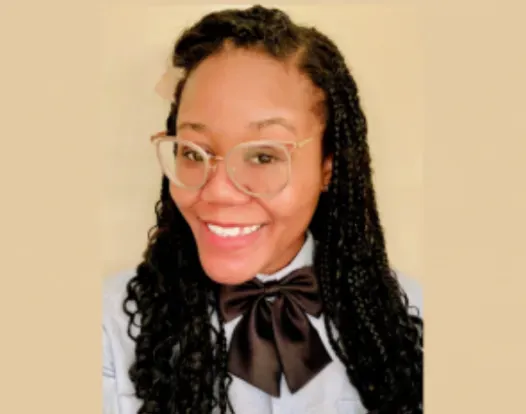These researchers have dedicated their careers to finding new treatments and cures for people with cancer.


Dr. Ogie M. Ezeoke is a pediatric resident at the Ann & Robert H. Lurie Children’s Hospital of Chicago and the recipient of two Conquer Cancer awards: a 2016 Medical Student Rotation for Underrepresented Populations (MSR), which enables U.S. medical students from underrepresented populations in medicine who are interested in a career in oncology to undertake clinical or clinical research rotations and pairs them with an oncology mentor, and a 2020 Resident Travel Award for Underrepresented Populations (RTA), which provides funding for medical residents from underrepresented populations in medicine to attend an ASCO Annual Meeting.
In addition to work in cardiac research, Dr. Ezeoke has developed a focused retrospective study assessing the role of race, ethnicity, and language on adult enrollment in cancer research studies.
What sparked your interest in oncology?
OE: Family experience with cancer, in my grandmother and father, was what first drew me to oncology after college. The experience within cancer research, while at Sloan Kettering, as a medical student at SUNY Upstate, and currently as a pediatric resident, has solidified my love for this resilient and inspiring patient population. It was through oncology that my interest in cardiology and cardio-oncology was engendered, and I cannot foresee a career ahead of me that does not involve providing care and improving the lives of those affected by cancer.
If you have to pick one aspect, what part of residency is your favorite? What part is the most challenging or frustrating?
OE: My favorite part of residency has to be our patients! I’ve learned so much from them, grown as a clinician through diagnosis and management, and been moved by their ability to overcome illness. I feel honored to be invited to meet patients and their families at truly painful times in their lives, and be allowed to treat and support, even as a trainee.
A challenging part of that care delivery is often the inequities of health care, including insurance availability, transport, and monetary and food insecurity. Although our hospital is able to, and does, go to great lengths to ensure patient care continues outside the walls of the hospital, the reality of socioeconomic inequities continue to impact patient outcomes.
How did that path continue when you received first an MSR and later an RTA from Conquer Cancer?
OE: In addition to supporting my research through that summer, the grant also facilitated my attendance at the following year’s ASCO Annual Meeting. This opportunity was critical in my career trajectory, allowing me to connect with a world of friends, mentors, and colleagues whom I would otherwise not have known.
I started residency knowing I would be applying for the RTA, and quickly sought out mentors at Lurie Children’s who could guide me in the process of submitting my grant application. The award, I knew, would support my attendance of the ASCO Annual Meeting, but was also an opportunity to further network in a community that has always been very welcoming.